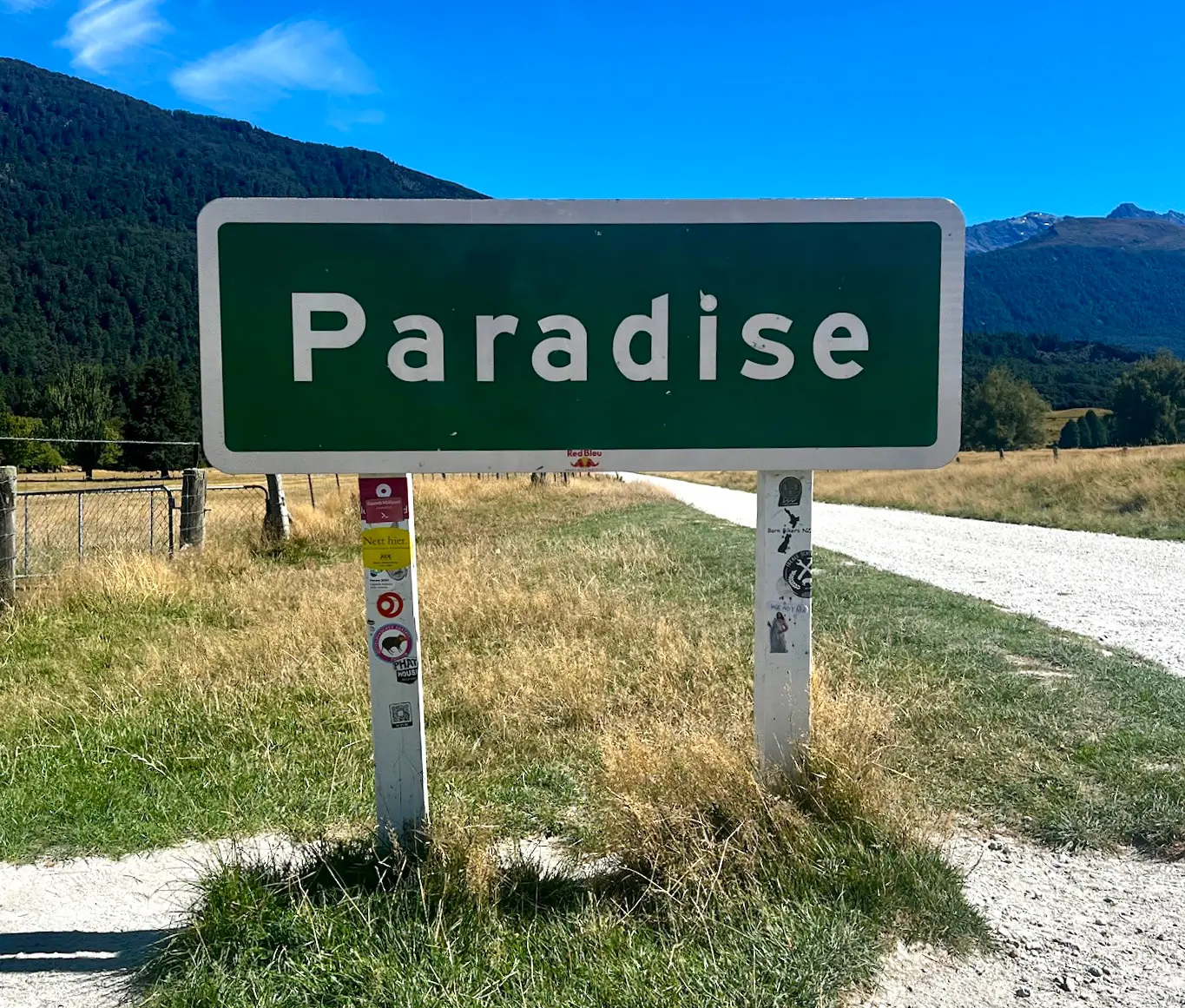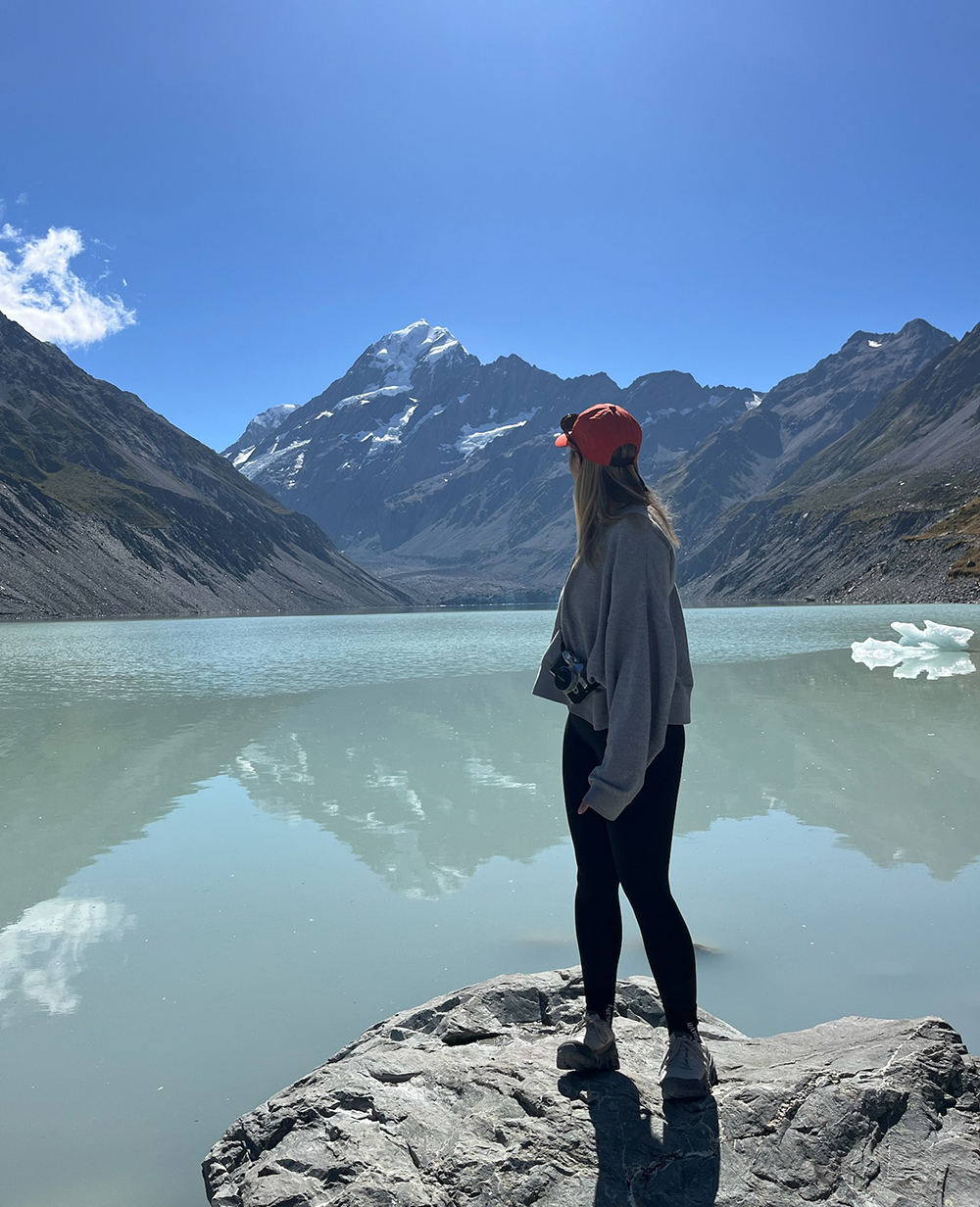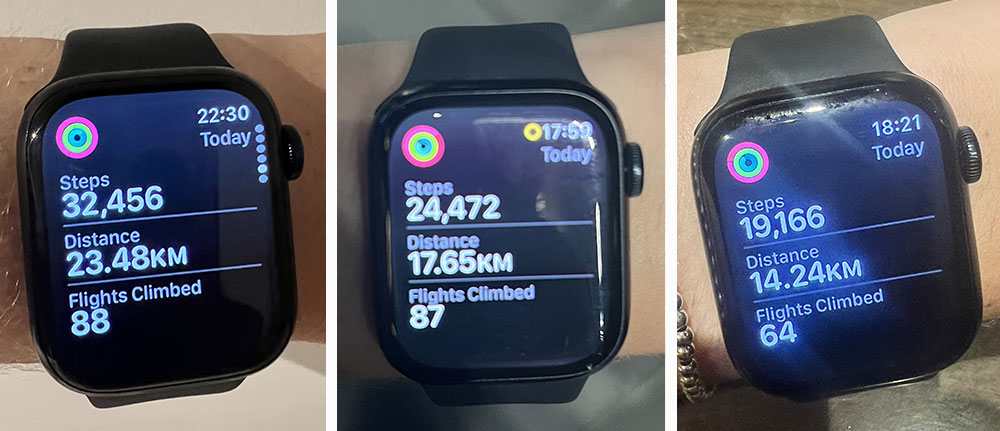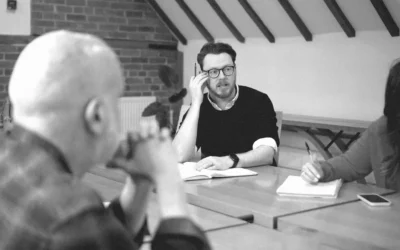I took a 6-month sabbatical to go backpacking at 30 years old, and here’s what it taught me.
Sometimes we need to zoom out
It’s easy to get stressed about the minutiae of work when our jobs make up around 50% of our waking week, every week. Taking time out enabled me to evaluate what I enjoy about my role, what I want to do more of (both inside and outside of the 9-5), and what is just not worth spending time stressing about. Things that cause headaches at work can feel all-encompassing when we’re too close to them, so having space to step back and detangle my identity from my career has given me a fresh perspective.
Health is wealth
Too busy to stop for lunch, too tired to go to the gym, too burnt out to work on personal projects. We’ve all been there. Sitting at desks, in cars and on screens all day every day makes it difficult to integrate movement into our lives, and work demands often evaporate the energy required to do so. And that’s before you add children into the mix.
But my sabbatical was quite a wake-up call, showing me how little I actually moved day-to-day back at home, and how little energy I previously had because of that lack of movement. It was a negative feedback loop that I didn’t really give any thought to when I was in the thick of it. When I returned to work, I found myself fidgeting at my desk, my bum getting numb and my eyes going dry. Now, I’m back in my old routine, but I’m determined to make activity a priority.
I’m going to use my lunch hour to go running. I’ll actually obey my Apple Watch when it tells me it’s time to stand. I’ll park further away, walk instead of email, go for walks or play sport after work instead of sitting on my phone. Basically, all the stuff I knew I should do, but couldn’t be bothered before. The sabbatical has given me renewed energy to look after myself and my health. (Check in with me in 6 months to see if I’m still going on those lunchtime runs – I hope so.)
Discomfort is good
I tried to learn to embrace discomfort while I was travelling (which is easy to do when you’re on a budget and frequenting sleeper buses). Experiences like having to change plans last minute, randomly following a whim, or arriving in a foreign country with no internet, no currency, and no grasp of the language, all really challenged my type-A personality. I got more and more used to not feeling in control and not having a regular routine. I realised that a comfortable routine, whilst reassuring, can prevent growth.
When we’re too comfortable, we don’t rock the boat, do we? We don’t take risks. We don’t try new things. We don’t push others or ourselves to be better. Because it’s easier to do what we know is the path of least resistance. We plod along, repeating behaviour, because we feel safe and secure. I was only able to realise the things I’ve mentioned above because I welcomed discomfort into my life for that short period of time. Now, I’ve got to work out how to keep it comfortably uncomfortable.







